
OR
Temporary policeman dies due to fall
Published On: December 14, 2017 01:19 PM NPT
DARCHULA, Dec 14: A temporary (myadi) policeman died after he tripped over on Wednesday evening.
The deceased is 19-year-old Rabindra Singh Thagunna of Sundamunda, Naugad rural municipality-2, police said.
Thagunna was a part of a police patrol team from the Dallekh police station at Naugad. He fell at a place called Lampani as the patrol team was heading towards Pankhaya, Chief of the Darchula District Police Office, Deputy Superintendent Janak Bahadur Shahi, said.
The body has been brought to the Darchula District Hospital for a post-mortem. RSS
You May Like This

Temporary police dies in Nawalparasi road accident
NAWALAPARASI, May 8: A temporary police recruited for the security in the local poll (May 14) was killed in a... Read More...

Policeman dies in Himalayan highland
DOLPA, June 24: A policeman assigned for providing security to the yarsa pickers has died at Saldang VDC in upper... Read More...
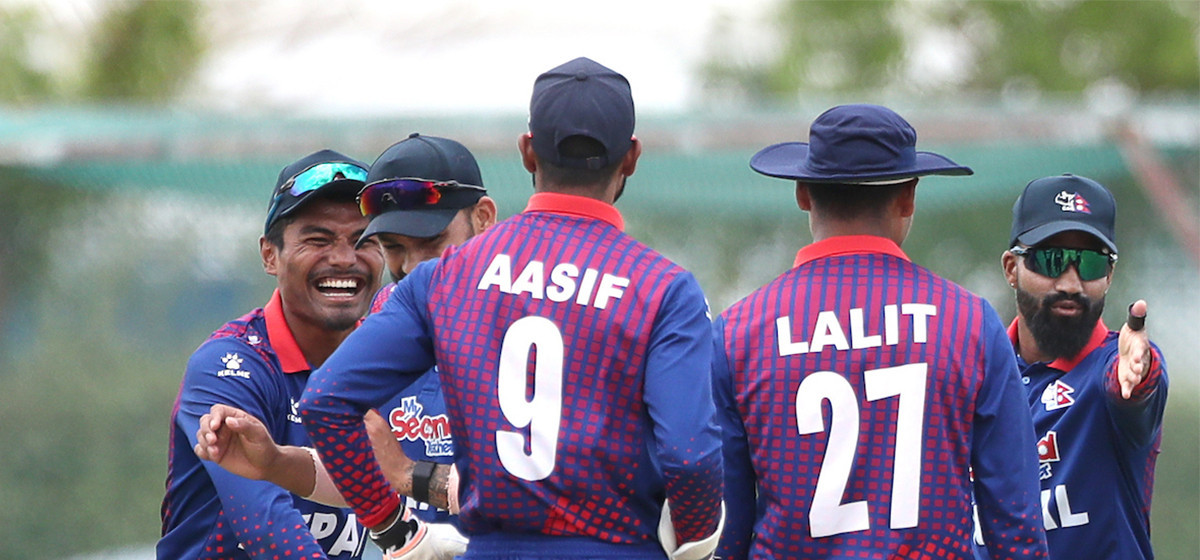



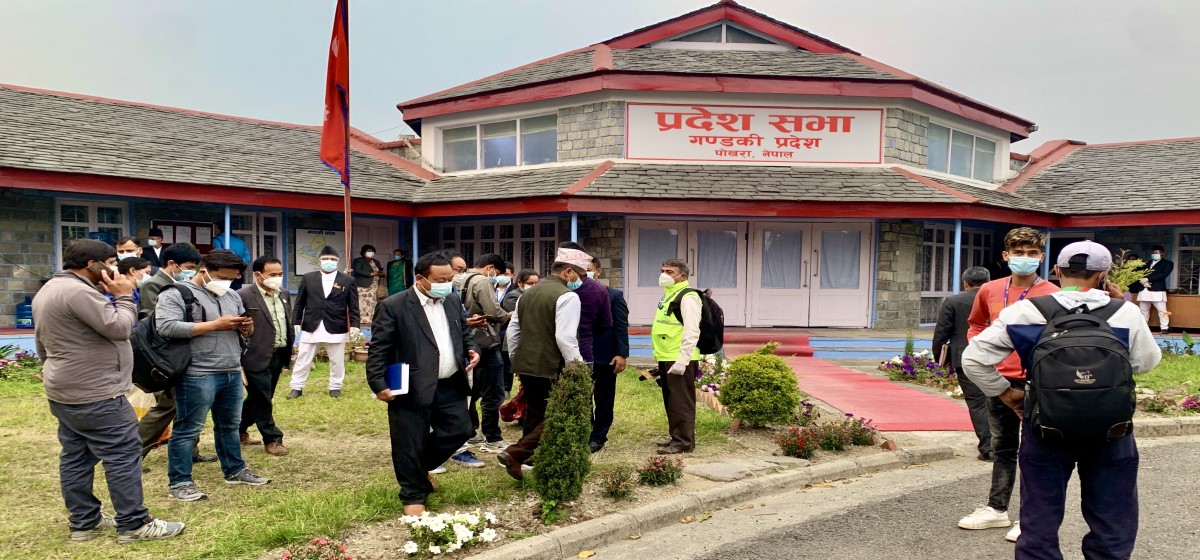

Just In
- Altitude sickness deaths increasing in Mustang
- Weather forecast bulletin to cover predictions for a week
- Border checkpoints in Sudurpaschim Province to remain closed till Friday evening
- Gandaki Province Assembly session summoned
- CM Karki to Speaker: Resolution motion for vote of confidence unconstitutional
- EC reminds all for compliance with Election CoC
- 13 killed, several injured after strike at Al-Maghazi refugee camp in Gaza
- NA team leaves for Solukhumbu to launch Clean Mountain Campaign



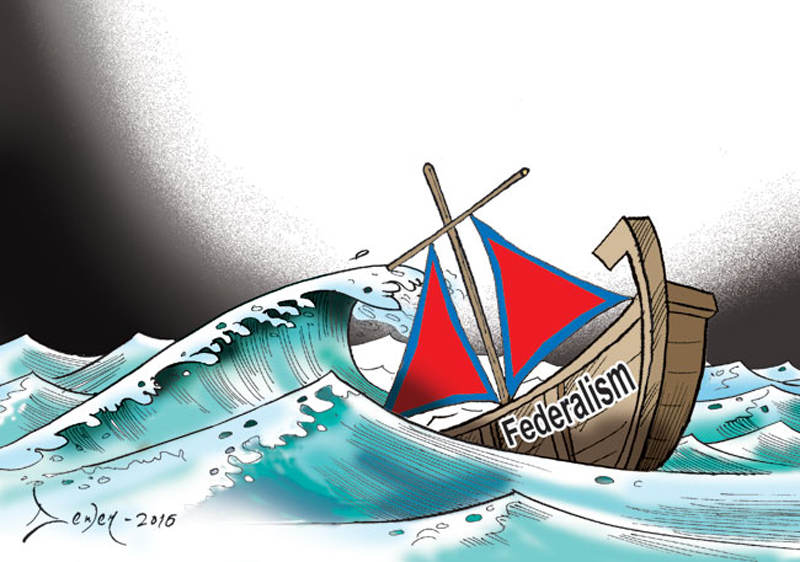



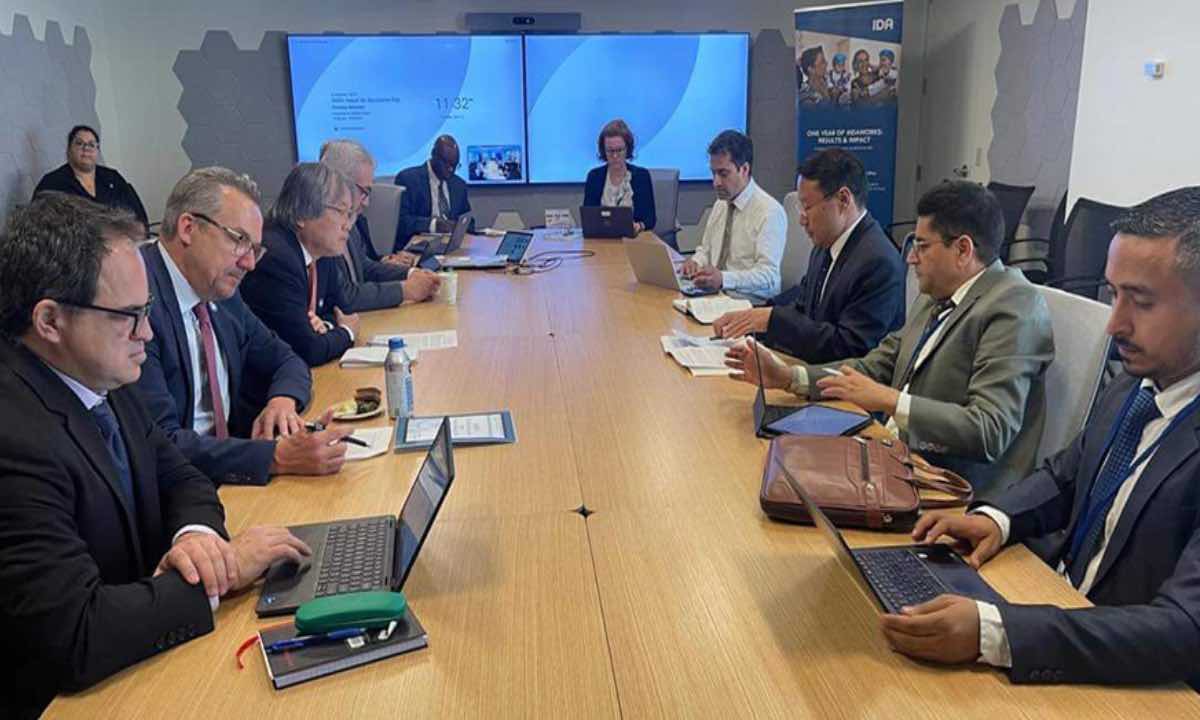

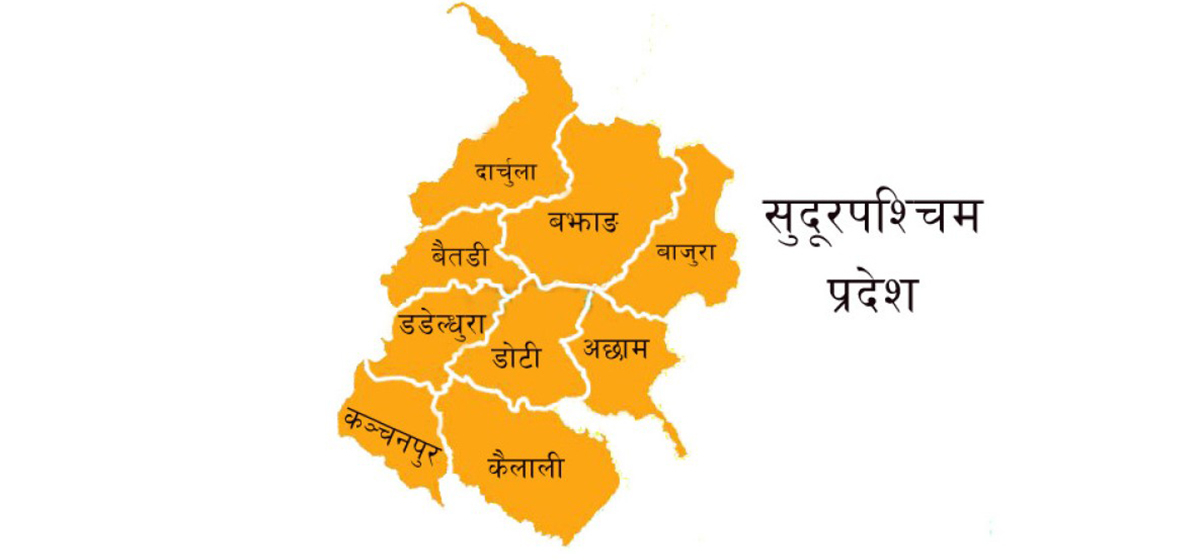
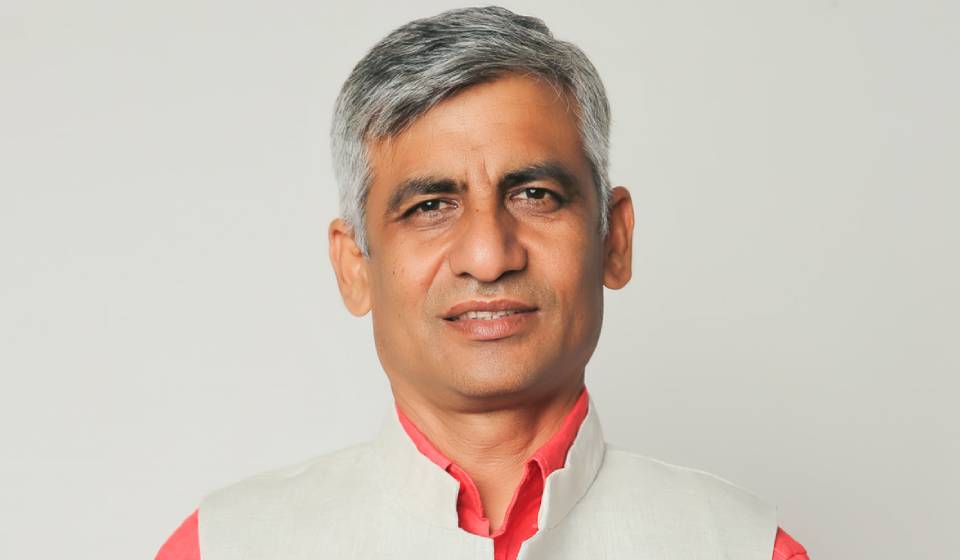
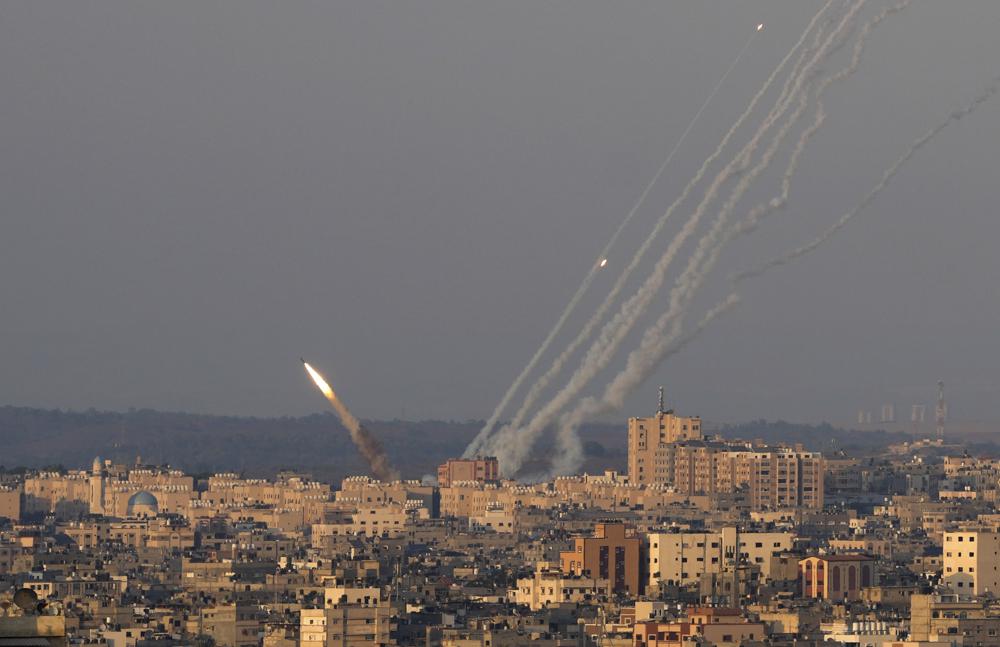
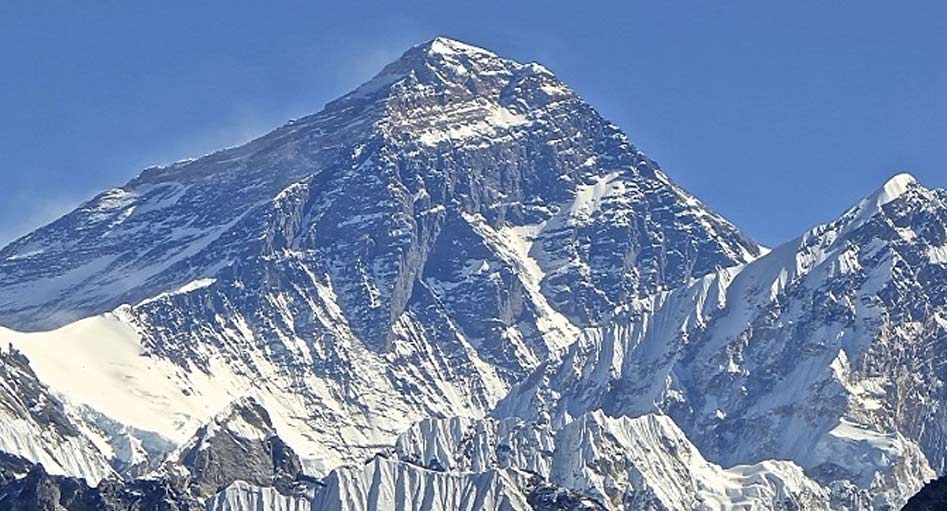
Leave A Comment